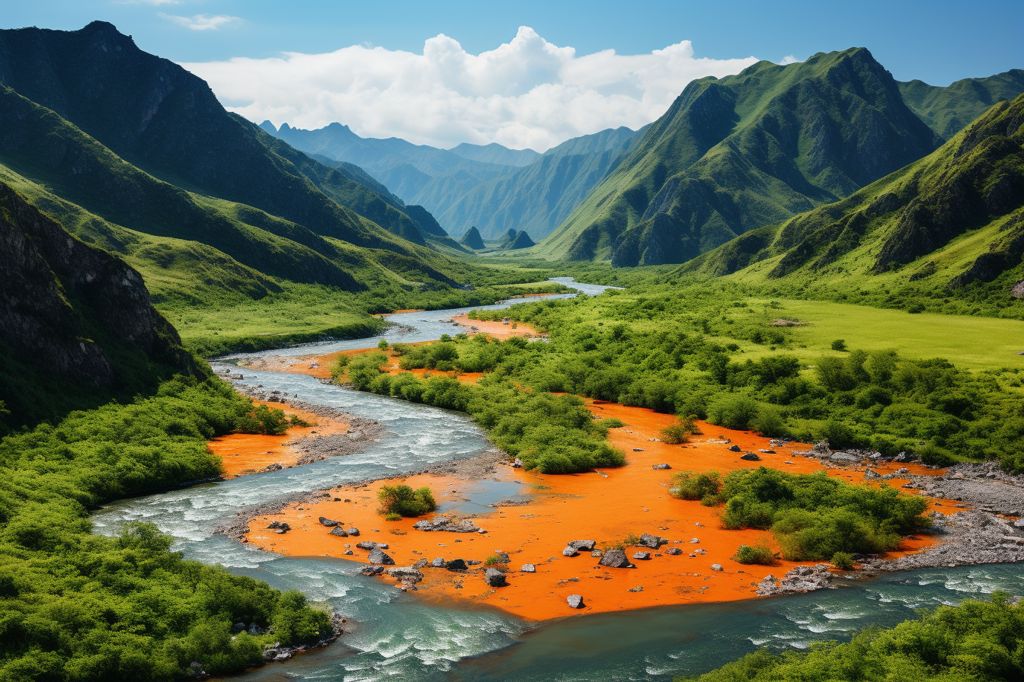Minister Senzo Mchunu of South Africa welcomes his counterparts from Botswana, Namibia, and the Kingdom of Lesotho on July 6, 2023, at the Sheraton Hotel in Pretoria for the Orange-Senqu River Commission (ORASECOM) Forum of Parties. This annual gathering rotates between the four member states and brings together ministers responsible for water in the Orange-Senqu River Basin.
The Importance of ORASECOM
Since its establishment in 2000, the Orange-Senqu River Commission (ORASECOM) has played a crucial role in enhancing regional cooperation among Botswana, Lesotho, Namibia, and South Africa. ORASECOM was created following the signing of the Revised Southern African Development Community (SADC) Protocol on Shared Watercourses and established a permanent secretariat in Centurion, South Africa, in 2007.
The Objectives of the Forum
This year’s ORASECOM Forum of Parties provides an opportunity for the ministers to reflect on the commission’s achievements and discuss innovative methods to enhance water sustainability. The objective is to address matters related to the development, use, and conservation of shared water resources. Key discussion points at this year’s forum may include water availability, equitable and reasonable use of water, development of river systems, stakeholder participation, and harmonization of policies.
Collaborative Strategies for Reinforcing Operations
Additionally, the ministers could address the standardization of data collection, processing, and dissemination. These discussions aim to identify collaborative strategies for reinforcing operations between the respective states and promoting transboundary relations. The Orange-Senqu River Basin is a vital source of water for the four member states, and its sustainable management is crucial for the region’s social, economic, and environmental well-being.
The Importance of International Collaboration
The ORASECOM Forum of Parties represents an ongoing commitment to shared responsibility and cooperation among these Southern African nations. This partnership exemplifies the importance of working together to address the challenges of water scarcity and environmental conservation in a rapidly changing world. By fostering open dialogue and collaborative problem-solving, these countries continue to navigate the complexities of shared resources and work towards a sustainable future for all.
While the outcomes of this year’s meeting remain to be seen, the ongoing dedication of these Southern African nations to strengthening transboundary relations through the ORASECOM Forum of Parties serves as an important reminder of the power of international collaboration. As these countries come together to address critical water-related issues, they pave the way for regional progress and set an example for other nations facing similar challenges.








